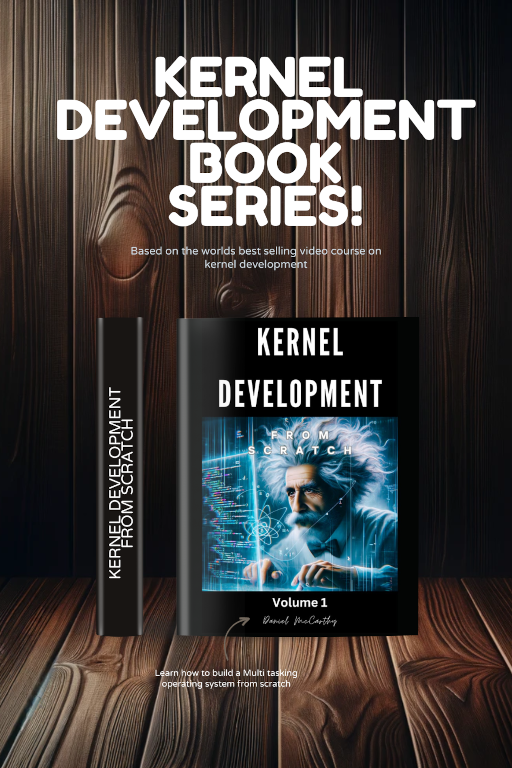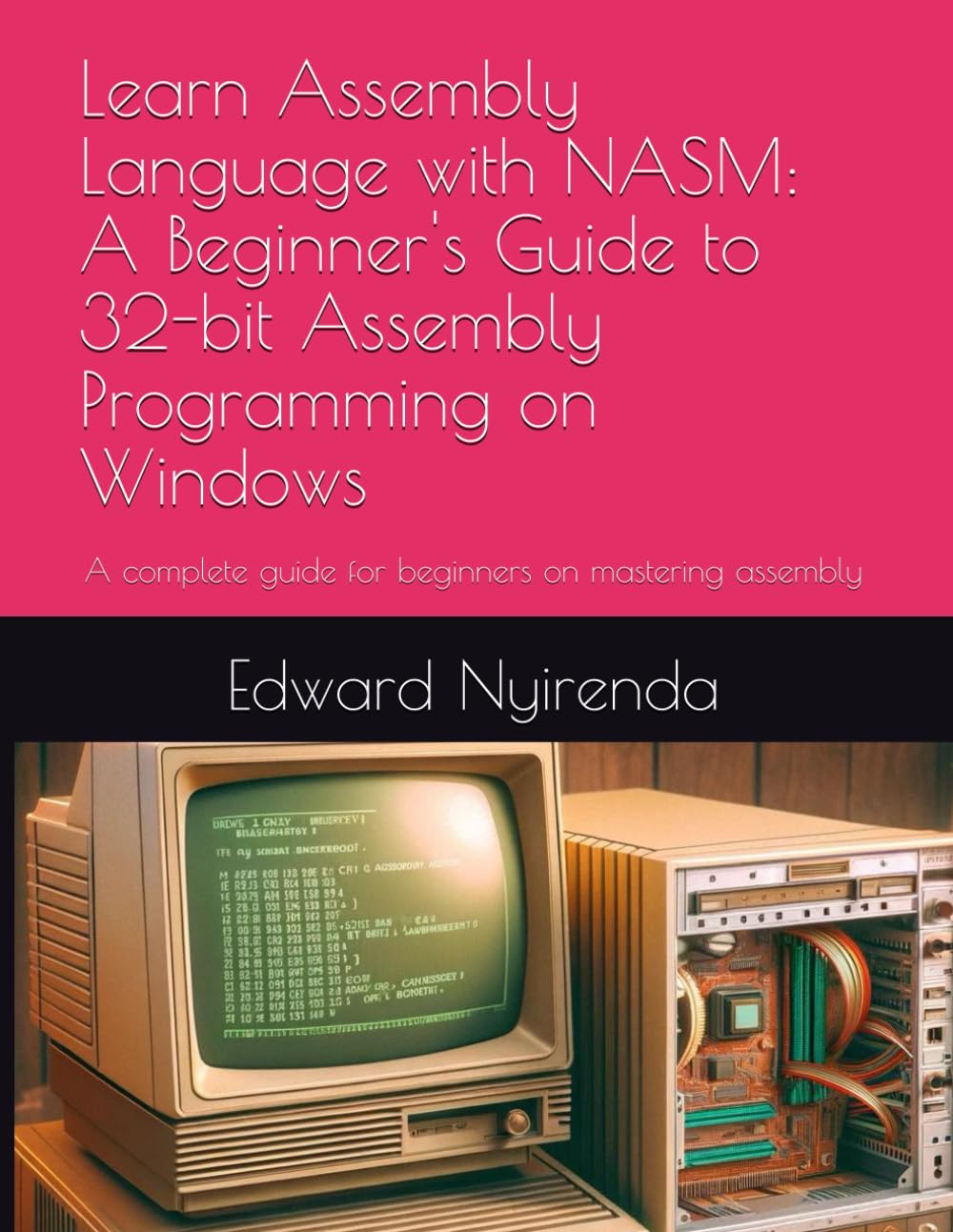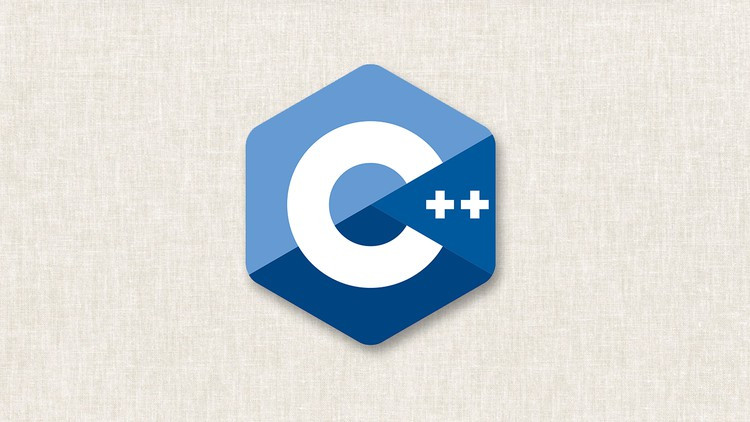Starting to implement function code generation
No lecture description Lesson locked purchase
Description
Learn to create your very own C compiler from scratch. In this course we develop a compiler that compiles a subset of the C Programming Language. By the time you finish all modules of this course you will be able to compile C programs that use pointers, structures, unions, arrays, functions, for loops, while loops. do while loops, if statements, switches and much more! This course includes all course modules!
Our compiler also has a preprocessor macro system allowing you to include header files and create definitions just like you would in any C file.
Your compiler is advanced enough to use the GCC standard library so we are able to call C functions from our compiler. Your compiler will be able to compile the C programming language.
This course does not rely on any frameworks we do everything from scratch to ensure the best possible learning experience for students
Module 1
In module 1 of this course we load our C source file that we wish to compile, into memory. We create a lexer to preform lexical analysis on the source input which will convert the source code into a bunch of tokens that our compiler can easily understand. We then pass the tokens through a parser to produce an abstract syntax tree. An AST describes the C program in a logical way that makes it easier for our compiler to understand. For example for the expression 50 + 20 you will end up with a root expression node that has a left operand that has a node of value 50 and a right operand that has a node of value 20. Breaking down problems in this way makes it much easier to create compilers.
Module 2 & 3
In module 2 and 3 of this course we create a code generator that produces 32 bit Intel assembly language that can then be passed through an assembler to produce a program binary that we can run. We also in this module create a resolver system which is responsible for taking a complicated expression such as "a->b.c.e[50] = 50" and breaking it down into simple steps and rules that our code generator can then easily follow. This abstraction is essential to ensure that the code generator does not become over complex. With the use of a resolver system we can ensure the code base remains clean.
Module 4
In module 4 of this course we create a preprocessor and macro system. This preprocessor system allows us to include header files in our C programs and also use a variety of macro keywords such as "#define" "#ifdef" , "sizeof" and many more.
Module 5
In module 5 we build a semantic validator which validates our C code. A semantic validator ensures that we are not setting variables that do not exist or accessing structures that arent there.
This is the only video course in the world that shows you how to create a C compiler, come and learn today!
Requirements
-
You must have a basic experience of assembly language.
Who This Course is For
People with an interest in compiler design
People who are interested in assembly language
People who are interested in the C Programming language
What You Will be Learn
How to build a C compiler from scratch
Full understanding of stackframes and how assembly language is generared for a C source file
Complete Understanding of lexical analysis and parsing
Stronger Assembly language skills will be gained
Compiler Design

Dragon Zap Instructor
Daniel McCarthy is a seasoned software engineer, boasting an impressive career spanning over 14 years in the industry. Holding a Master's Degree in Advanced Computer Science from Cardiff Metropolitan University, his broad spectrum of experience encompasses everything from web development to complex compiler and interpreter development. Daniel has honed his skills in bootloader and kernel development. In testament to his proficiency in the field, he has designed two proprietary programming languages: Craft, a general-purpose language, and Marble, a web-focused language akin to PHP. Moreover, he has successfully developed compilers for the C programming language. A testament to his versatility, Daniel demonstrates proficiency in an extensive list of programming languages that includes C, C++, Java, x86 Assembly language, PIC assembly, SQL, PHP, HTML5, JavaScript, CSS, and of course, his own creations, Craft and Marble. His professional portfolio also includes the development of Linux kernel modules, a task he has executed with proficiency in a professional context. Currently, Daniel is channeling his wealth of experience and expertise into the education sector, with the aim of nurturing the next generation of professional software engineers.




Ask a question
Questions (1)
Stephen Smith
2 years ago
Hi! I implemented the compiler to and including chapter 138. I compared my code to the git hub version and all was conforming. When I run the test program, however, I get significantly different results to those in the recording: test.c -> int test() { int b = *a; } Compiler terminal output -> section .data section .text global test ; test function test: push ebp mov ebp, esp sub esp, 18380445687218192 add esp, 18380445687218192 pop ebp ret section .rodata everything compiled fine Can you imagine what is going wrong? Particularly the HUGE number after add esp and sub esp. I'm working under Windows with a version of gcc and VS Code. Up to now, all successful compilations ran OK. Thanks in advance Steve Smith
Daniel McCarthy
2 years ago
Hey Stephen, It sounds to me like you could of derefrenced a pointer or are pointing to the wrong memory address that is why the number seems so big. Put a breakpoint on the add esp and sub esp lines and examine the pointer your passing. Compare your code with mine using GIT rather than manual comparsion and the mistake will become more clear. Your welcome please let me know if you have any trouble debugging the issue Thanks
Stephen Smith
2 years ago
Hi Daniel, I did some research on the internet and discovered that there is some discussion on the interpretation of format "%lld". Depending on the version of the gcc and the word-length of the system, this can work properly or not, particularly with 64 bit systems. I first tried format "%d" which gave me the correct solution (16). But the argument to be output is "long long". I tried casting the argument to long long, which indeed delivered the correct value of 16. I presume this is a compiler bug affecting my version of gcc. In future I will remember to cast the argument under similar circumstances. Regards and thanks Steve.
Daniel McCarthy
2 years ago
No worries let me know if you have any more questions Thanks